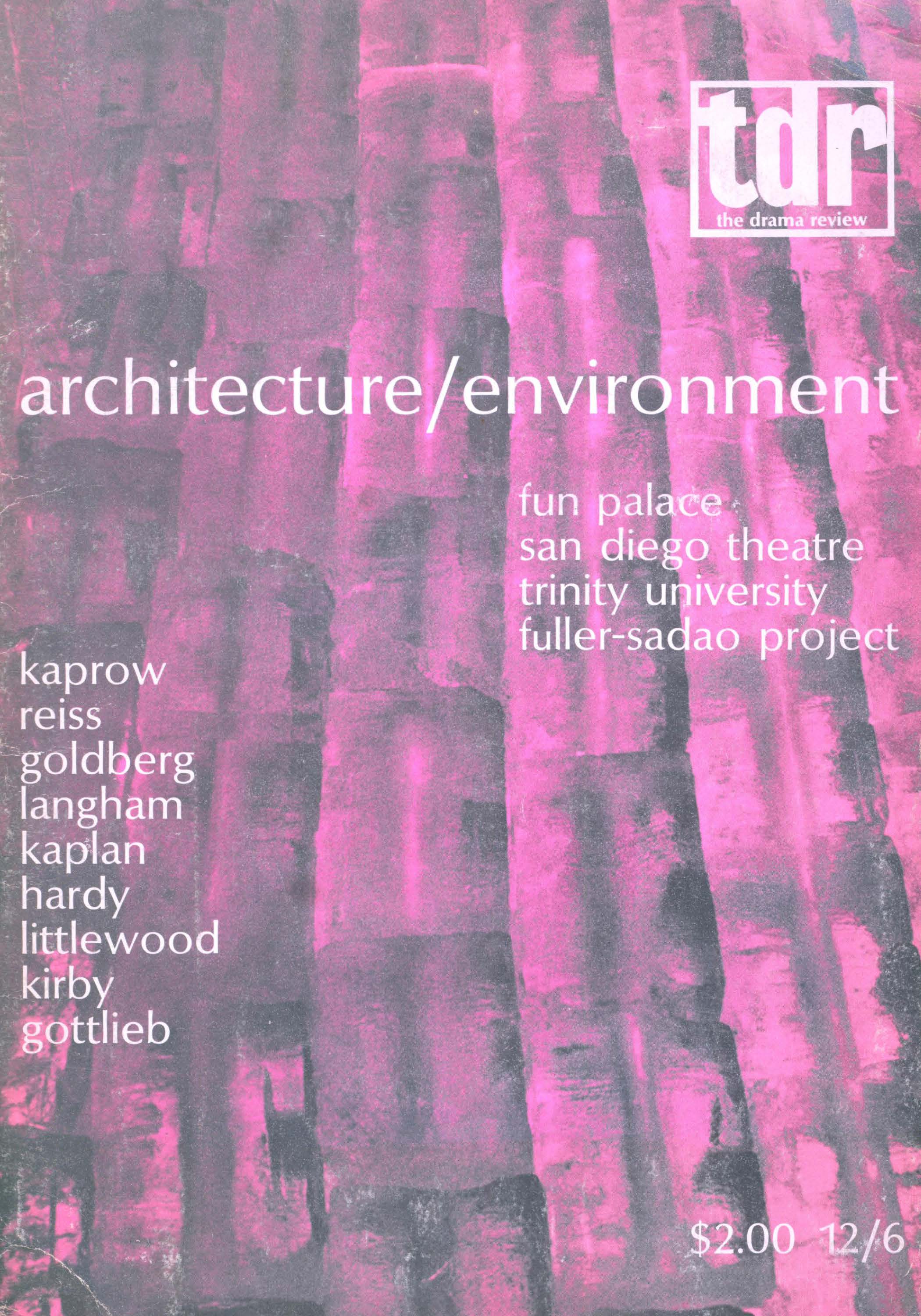Crossref Citations
This article has been cited by the following publications. This list is generated based on data provided by
Crossref.
Greer, Margaret Rich
1989.
Art and Power in the Spectacle Plays of Calderón de la Barca.
PMLA/Publications of the Modern Language Association of America,
Vol. 104,
Issue. 3,
p.
329.
CALKOWSKI, MARCIA S.
1991.
a day at the Tibetan opera: actualized performance and spectacular discourse.
American Ethnologist,
Vol. 18,
Issue. 4,
p.
643.
Huffman, Shawn
1996.
Mettre la Scène en Cage: Provincetown Playhouse et Le Syndrome de Cézanne.
Theatre Research in Canada,
Vol. 17,
Issue. 1,
p.
3.
Wilcox, Dean
2000.
The Defamiliarization of a Significant Phenomenon.
Theatre Research International,
Vol. 25,
Issue. 1,
p.
74.
Iacucci, Giulio
Iacucci, Carlo
and
Kuutti, Kari
2002.
Imagining and experiencing in design, the role of performances.
p.
167.
Hopkins, D. J.
Ingman, Catherine
and
Reynolds, Bryan
2003.
Performing Transversally: Reimagining Shakespeare and the Critical Future.
p.
137.
Gebauer, Gunter
and
Wulf, Christoph
2004.
Jeux, Rituels, Gestes - Les Fondements Mimétiques De L'Action Sociale (Games, Rituals, Gestures - the Mimetic Foundations of Social Behaviour).
SSRN Electronic Journal,
Rauer, Valentin
2006.
Social Performance.
p.
257.
Frantzen, Allen J.
2007.
DRAMA AND DIALOGUE IN OLD ENGLISH POETRY: THE SCENE OF CYNEWULF'SJULIANA.
Theatre Survey,
Vol. 48,
Issue. 1,
p.
99.
Mills, Brett
2010.
Being Rob Brydon: performing the self in comedy.
Celebrity Studies,
Vol. 1,
Issue. 2,
p.
189.
Collard, Christophe
2013.
Processual Passing: Ron Vawter PerformsPhiloktetes.
Somatechnics,
Vol. 3,
Issue. 1,
p.
119.
Björkman, Lisa
2015.
The Ostentatious Crowd: Public protest as mass-political street theatre in Mumbai1.
Critique of Anthropology,
Vol. 35,
Issue. 2,
p.
142.
Vedava, Psyence
2015.
Exploring Psychedelic Trance and Electronic Dance Music in Modern Culture.
p.
170.
Wilkins, Caroline
2016.
The Panacousticon: by way of echo to Freddie Rokem.
Performance Philosophy,
Vol. 2,
Issue. 1,
p.
5.
Zhang, Kunkun
Djonov, Emilia
and
Torr, Jane
2016.
Reading aloud as performance and its representation on television programmes for children.
Social Semiotics,
Vol. 26,
Issue. 4,
p.
424.
Moghaddam, Nita M.
2016.
From page to virtual stage: a socio-semiotic reading of stage directions.
Social Semiotics,
Vol. 26,
Issue. 4,
p.
351.
Duggan, Patrick
2016.
Performing (for) Survival.
p.
222.
Daris, Gabriella
2017.
Anagnosis of Hysteria.
Performance Research,
Vol. 22,
Issue. 1,
p.
122.
Olteanu, Alin
2017.
Edusemiotics – A Handbook.
p.
193.
Morcom, Anna
2018.
Performance, performativity and melodrama as dramatic substance in Hindi film song sequences.
Studies in South Asian Film & Media,
Vol. 10,
Issue. 2,
p.
129.


